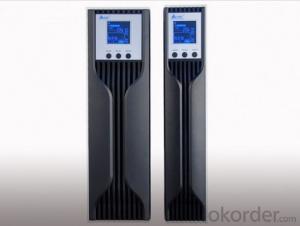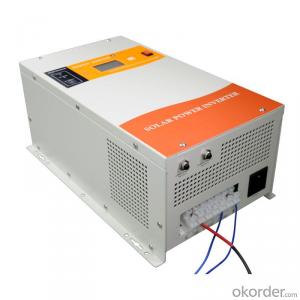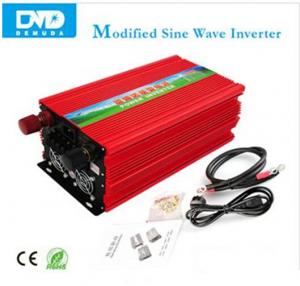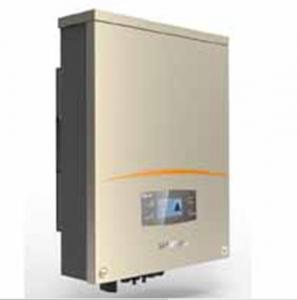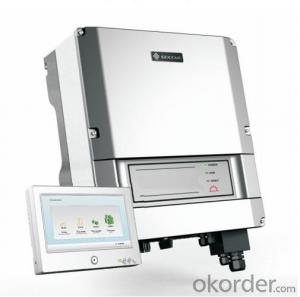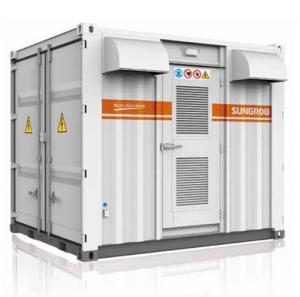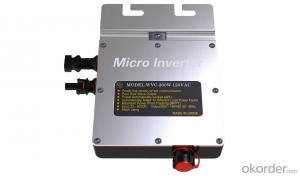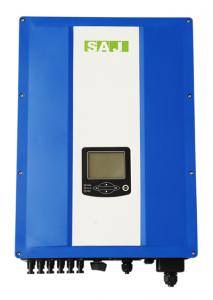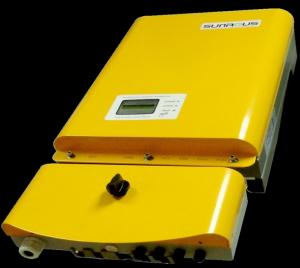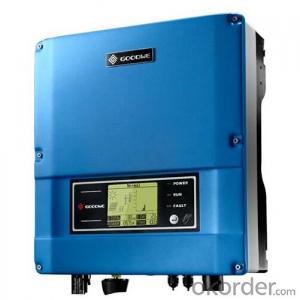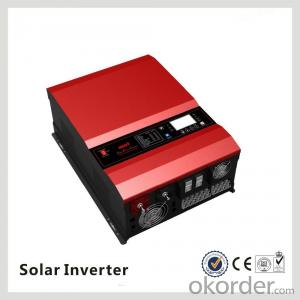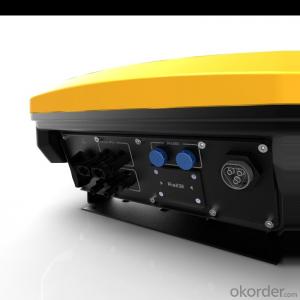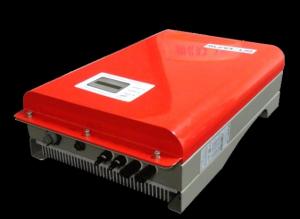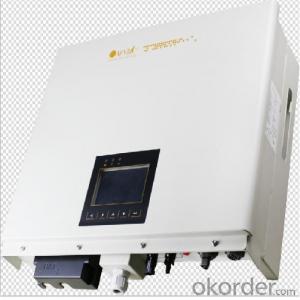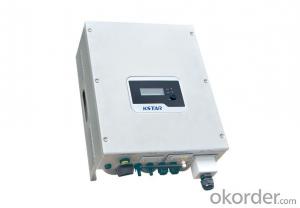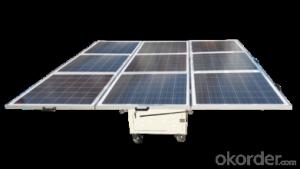All Categories
- - Steel Wire Rod
- - Steel Coils
- - Steel Profiles
- - Steel Pipes
- - Stainless Steel
- - Tinplate
- - Special Steel
- - Steel Sheets
- - Steel Rebars
- - Steel Strips
- - Hot Rolled Steel
- - Cold Rolled Steel
- - Pre-painted Steel
- - Seamless Steel Pipe
- - Welded Steel Pipe
- - Hollow Steel Tubes
- - Galvanized Pipe
- - Stainless Steel Coil
- - Stainless Steel Sheet
- - Stainless Steel Plate
- - Stainless Steel Strips
- - Electrolytic Tinplate Coil
- - Electrolytic Tinplate Sheet
- - Stainless Steel Rebars
- - Solar Panels
- - Solar Water Heater
- - Solar Related Products
- - Solar Inverter
- - Solar Cells
- - Solar Light
- - Solar Energy Systems
- - Solar Controllers
- - Solar Mounting System
- - Solar Pump
- - Solar Chargers
- - Fiberglass Chopped Strand
- - Fiberglass Mesh Cloth
- - Composite Pipes
- - FRP Pultrusion Profiles
- - Fiberglass Mat Tissue
- - Fiberglass Fabrics
- - Fiberglass Mesh
- - Composite Tank
- - Fiberglass Mesh tape
- - Polymer
- - FRP Roofing Panel
- - Fiberglass Roving
- - Monolithic Refractories
- - Ceramic Fiber Products
- - Refractory Bricks
- - Raw Materials For Refractory
- - Suspended Platform
- - Cranes
- - Concrete Machinery
- - Earthmoving Machinery
- - Building Hoist
- - Road Building Machinery
- - Plastic Pipe Fittings
- - Plastic Tubes
- - Plastic Sheets
- - Agricultural Plastic Products
- - Plastic Nets
 All Categories
All Categories
Q & A
How do I monitor the performance of a solar inverter?
To monitor the performance of a solar inverter, you can employ various methods. One way is to use a monitoring system specifically designed for solar inverters, which can provide real-time data on the inverter's performance, including power output, energy yield, and efficiency. These systems often come with online platforms or mobile applications that allow you to access the data remotely.
Additionally, you can check the inverter's display panel regularly, which typically shows key metrics such as current power output and voltage. Comparing these values with the inverter's rated capacity can give you an idea of its performance.
Another method is to analyze the energy production data from your utility bills. By comparing your expected solar energy generation with the actual energy produced, you can evaluate the inverter's efficiency.
Furthermore, some inverters have built-in communication capabilities, enabling them to send performance data to your computer or smartphone. This feature allows you to track the inverter's performance over time and identify any potential issues.
In any case, it is essential to consult the manufacturer's instructions and recommendations to ensure accurate monitoring and troubleshoot any performance concerns effectively.
What certifications or standards should a solar inverter meet?
A solar inverter should meet certifications and standards such as UL 1741, IEC 62109, and IEEE 1547 to ensure safety, reliability, and compatibility with the electrical grid. Additionally, certifications like ISO 9001 for quality management and ISO 14001 for environmental management can also be beneficial.
How often does a solar inverter need to be replaced?
The lifespan of a solar inverter typically ranges from 10 to 15 years, depending on various factors such as the quality of the inverter, maintenance, and operating conditions. Therefore, it is recommended to replace a solar inverter after this period to ensure optimal performance and efficiency of the solar power system.
Can a solar inverter be used for commercial applications?
Yes, a solar inverter can be used for commercial applications. Solar inverters are designed to convert the direct current (DC) generated by solar panels into alternating current (AC) that can be used to power various electrical devices and systems. They are commonly used in commercial settings to harness solar energy and meet the power demands of offices, factories, warehouses, and other commercial establishments.
Wholesale Solar Inverter from supplier in Jamaica
Whether you are looking for residential, commercial, or industrial solar inverters, we have the solutions to meet your needs. Our team of experts is dedicated to helping you find the right solar inverter for your specific requirements and budget.
We understand the unique challenges and opportunities of the Jamaican solar market and can provide tailored advice and support to ensure the success of your projects. From initial consultations and product recommendations to after-sales service and technical support, we are with you every step of the way.
In addition to our extensive product range, we also offer competitive pricing and flexible payment options to make your solar inverter procurement process as smooth as possible. Our strong partnership with leading solar inverter manufacturers allows us to offer the latest technologies and innovations in the industry.
Trust us to be your reliable partner in Jamaica for all your solar inverter needs. Contact us today to get started on your solar journey and experience the benefits of clean, renewable energy.
We understand the unique challenges and opportunities of the Jamaican solar market and can provide tailored advice and support to ensure the success of your projects. From initial consultations and product recommendations to after-sales service and technical support, we are with you every step of the way.
In addition to our extensive product range, we also offer competitive pricing and flexible payment options to make your solar inverter procurement process as smooth as possible. Our strong partnership with leading solar inverter manufacturers allows us to offer the latest technologies and innovations in the industry.
Trust us to be your reliable partner in Jamaica for all your solar inverter needs. Contact us today to get started on your solar journey and experience the benefits of clean, renewable energy.
